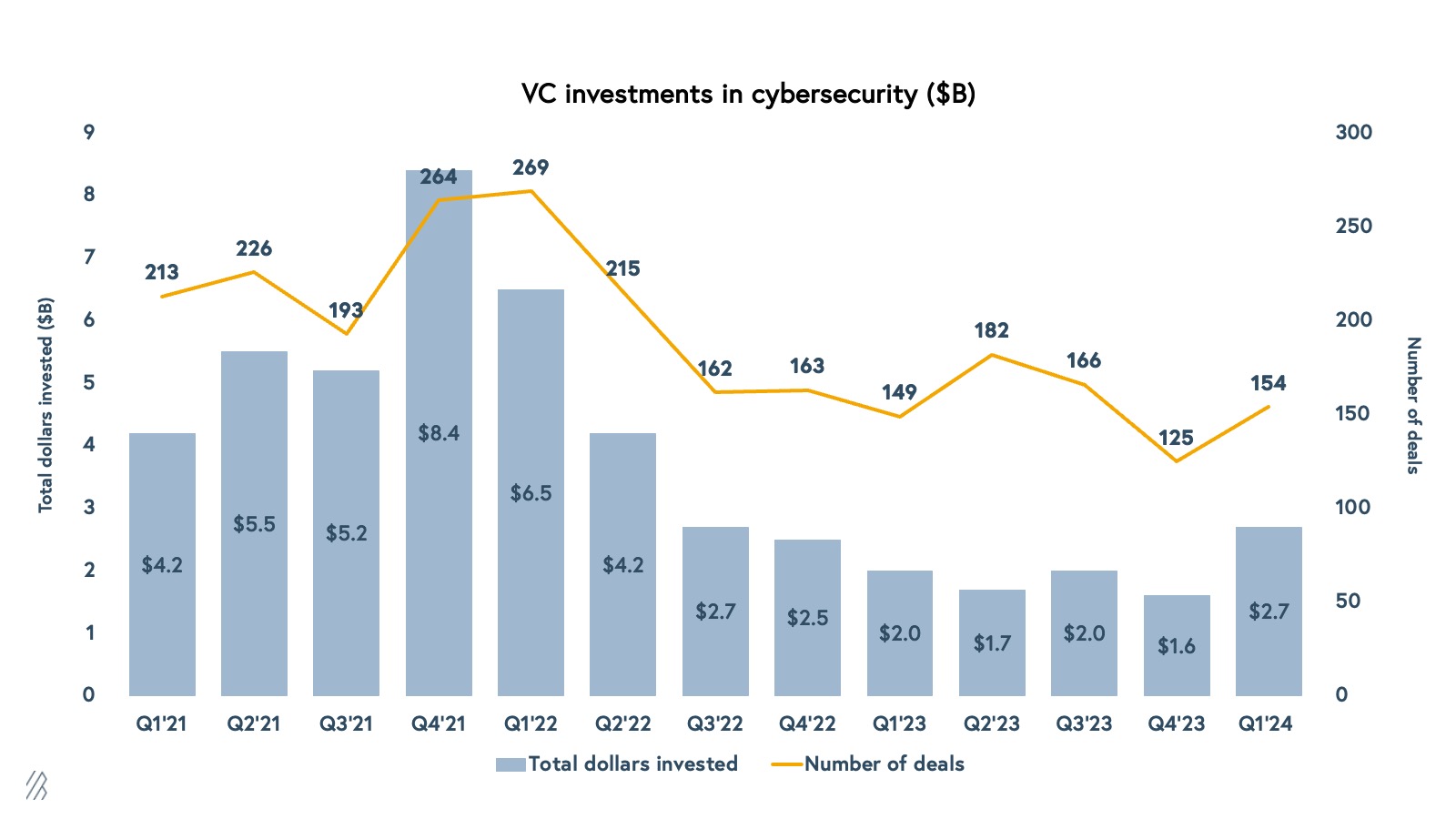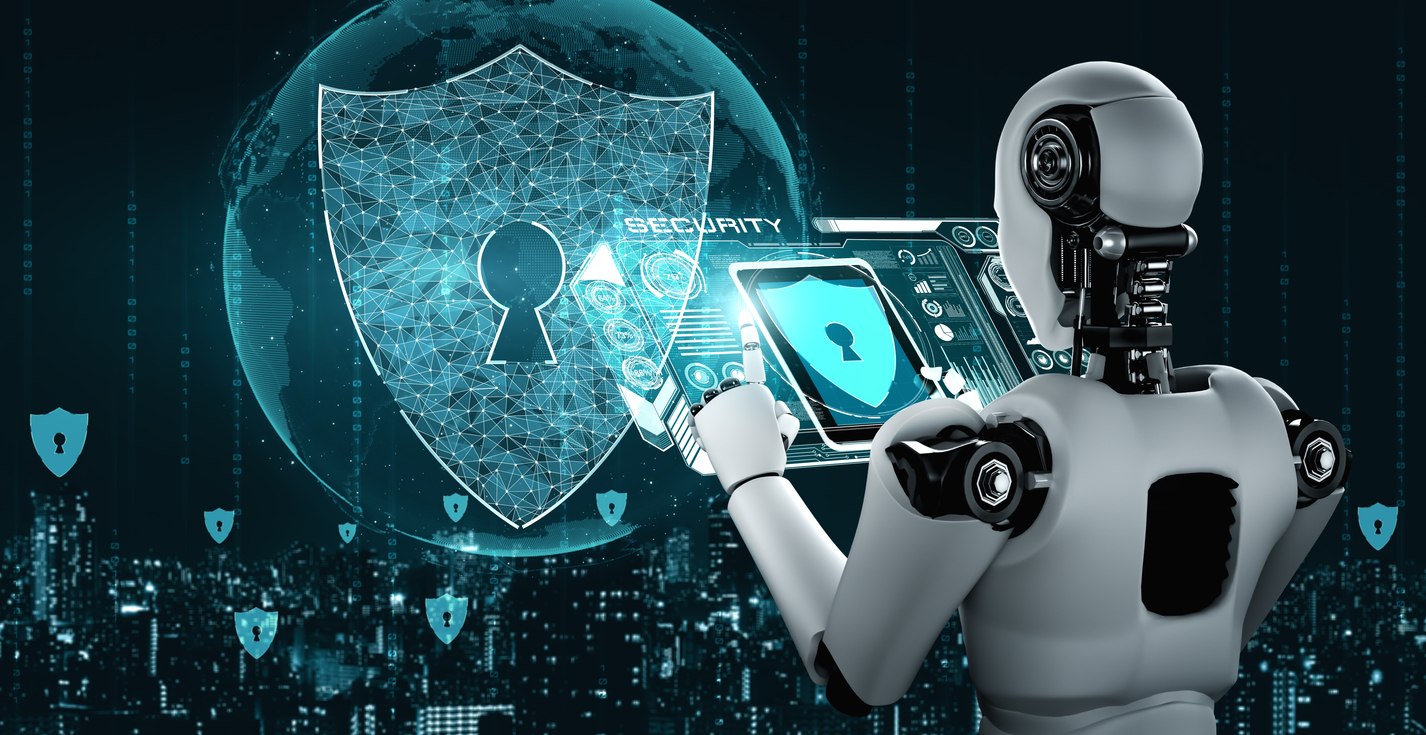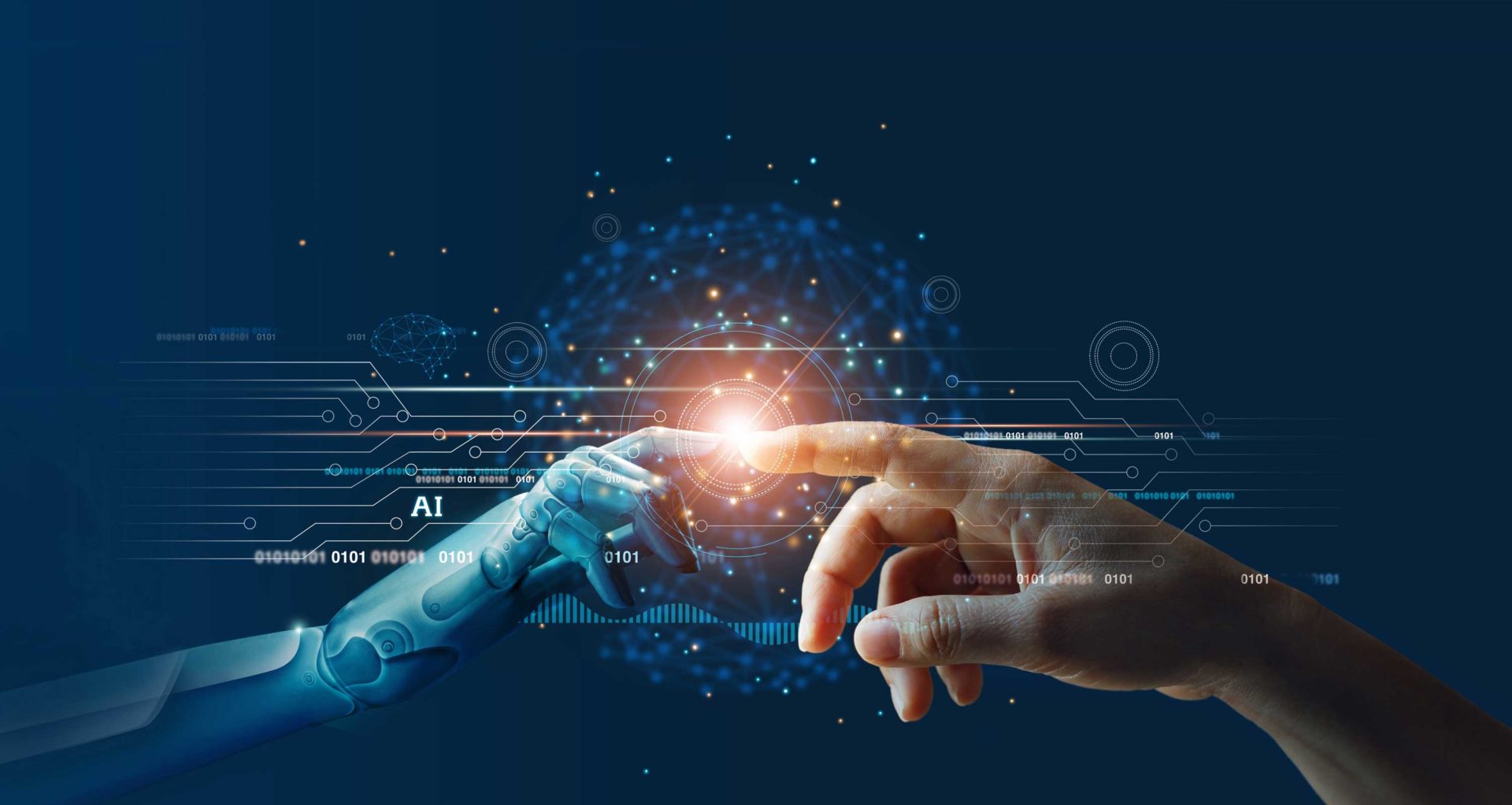
A New Dawn for Cybersecurity Investments: Riding the AI Wave
As the technological landscape continues to evolve, the excitement around generative artificial intelligence (AI) has reignited interest and investment in the cybersecurity sector. In the first half of 2024, startups in this space are experiencing a remarkable uptick in funding, responding dynamically to the challenges posed by modern threats.
 Investment in innovative cybersecurity solutions is growing amidst AI advancements.
Investment in innovative cybersecurity solutions is growing amidst AI advancements.
The Rollercoaster of Investment Trends
Following a surge of venture capital investment in cybersecurity during 2021 and 2022, which saw record funding levels, the sector hit a downturn in late 2023. According to DataTribe Insights, the fourth quarter of 2023 witnessed a staggering 37% slump in funding, significantly marked by a drop in early-stage funding deals. However, the narrative has changed in 2024. Early indicators show that seed and pre-seed capital investments are on the rise, along with overall venture capital investment expected to surpass 2023 levels, as insights from industry leaders such as Wayne Schepens, managing director of LaunchTech Communications, highlight.
The Shift Towards Generative AI
Investors are notably increasing their focus on cybersecurity startups leveraging generative AI technologies. Schepens elaborates that many venture firms are now “going all-in” on companies that are addressing crucial areas such as identity and access management, threat exposure management, and third-party risk assessments. This has given rise to larger seed funding rounds, which come paired with extended runways made possible through milestone-driven additional funding tranches.
“We are seeing early-stage investment returning, and it’s all about the right applications and the strategic use of generative AI,” Schepens remarked.
 Generative AI is pivotal in redefining cybersecurity strategies.
Generative AI is pivotal in redefining cybersecurity strategies.
The Emerging Rivalry: Kling vs. Sora
In tandem with these developments in cybersecurity funding, the world of AI video generation is rapidly expanding, highlighted by the recent emergence of Kling—a new competitor to OpenAI’s Sora. Kling, developed by Kuaishou, takes AI-generated video creation to impressive new heights, producing high-definition videos that have captured significant attention on social media platforms. Users eager to experiment with Kling’s capabilities have flocked to this tool, prompting discussions about its implications for digital content creation and engagement.
Both Kling and Sora represent a leap forward in AI technology, offering creators tools that not only enhance visual storytelling but also raise the bar for realism and dynamism in video production. This burgeoning competition in AI video generation is emblematic of a larger cultural shift where AI technologies are at the forefront of content creation.
Google’s Gemini: A Multifaceted Approach
Meanwhile, Google has introduced Gemini, its own large language model aimed at integrating AI across various applications. Gemini represents a pivotal step in refining how businesses utilize AI technologies. This ambitious project encompasses different versions tailored to specific tasks—from the lightweight Nano version to the robust Ultra edition for high-end enterprise applications. As these tools gain traction, they stand to complement advancements made within the cybersecurity investment landscape.
With features such as multimodal interactions—enabling users to input text, images, audio, and video for more enriched responses—Gemini is set to influence how cybersecurity and digital tools interact in combating emerging threats. The introduction of advanced AI capabilities may help businesses better navigate the complexities of cybersecurity, fundamentally reshaping their approach to risk management and stakeholder trust.
Google’s Gemini aims to enhance user experience across its suite of applications.
The Intersection of AI and Cybersecurity
The accelerated adoption of AI by both attackers and defenders highlights a unique dichotomy. As cybercriminals leverage AI to launch sophisticated attacks—ranging from cloning corporate websites to orchestrating highly convincing phishing schemes—cybersecurity startups are innovating their defenses with the very same technologies. The response is both compelling and essential as traditional methods become less sufficient against increasingly complex threats.
Chris Thomas, a principal at Deloitte, affirmed this shift in focus: “Businesses recognize that investments in AI are no longer optional but imperative to address the multifaceted threats they face.” The Deloitte survey data from last year underscores this: 58% of business leaders emphasized the need to bolster identity and access management systems—a critical component in maintaining secure operational environments.
 Investment in AI-powered security solutions is crucial for resilience.
Investment in AI-powered security solutions is crucial for resilience.
Looking Towards the Future
As we look to the future, the interplay between AI technologies and investment patterns in cybersecurity suggests a burgeoning ecosystem that prioritizes agility and innovation. Startups poised to harness generative AI will likely lead the charge in redefining both the methods of attack and defenses against these threats. As investment activity rebounds and confidence in AI tools grows, the potential to foster extensive operational improvements across industries is massive.
This environment of renewed investment not only caters to the technology’s immediate implications but underscores the urgency of creating secure, resilient infrastructures that can withstand the tests of modern cyber warfare. The push towards intelligent tools that reflect and address current and emerging threats is paramount, ensuring that organizations remain vigilant and well-equipped for the challenges ahead—a sentiment echoed throughout the industry.
In conclusion, as AI continues to permeate various sectors, the cybersecurity landscape is rightfully transforming, backed by substantial investment and innovative technological applications. The future of cybersecurity is not only about surviving the onslaught of digital threats but thriving amid the complexities that generative AI introduces to the fight for security.
The evolving landscape of AI-driven security measures represents a promising frontier.













